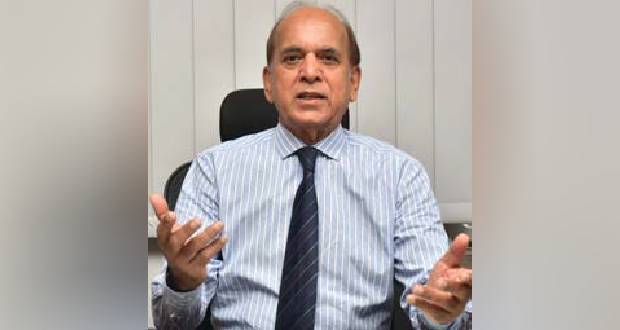Publicité
7 reasons why there will be no walkover
Par
Partager cet article
7 reasons why there will be no walkover

As things stand, nothing suggests that the coming election is going to be a walkover, though there is no suspense about which coalition will form the next government. The 60-0 score initially predicted for the Alliance de l’Unité et la Modernité is not something many people would put their money on today.
Of course, the Labour Party and MMM electoral machines are still on ‘get set’ mode and we know how powerful these are. As soon as the Indian foreign minister turns her back to return to her country, the word ‘go’ will be given and the machinery will perhaps sweep everything on its way.
However, there will be many hurdles, not least from the Labour Party traditional vote bank. And there are many reasons for that:
1. This is no ordinary election. It is an election combined with a referendum on a change in the constitution arguably to make the outcome more consistent with the wishes of the population. While the short history of Independent Mauritius shows instances where the relatively high percentage of votes was rewarded by a very meagre representation in parliament, the perception remains that this system has served the population well and that there is no reason to justify venturing into unknown waters. And the resistance is much stronger than it seems to those concerned.
2. There has historically been resistance to Proportional Representation (PR) particularly in the Labour Party vote bank which has traditionally seen PR as a system which would favour their opponent. It has been Paul Bérenger’s hobbyhorse and is therefore perceived to give him an advantage. The proposed second republic is thus seen in Labour quarters as giving in too much to the latter’s wishes.
3. The idea of shared power between the president and the prime minister is new and has not benefited from a nationwide debate and, in spite of the recent explanations, Labour supporters still feel that power will be taken away from their leader.
4. The campaign is likely to reinforce these fears and lubricate the communal machine: Sir Anerood Jugnauth has already given the tone, some might say, when he pitched himself as Bérenger’s challenger – a calculated tactic!
5. The choice of Rama Sithanen as proposed minister of finance has not gone down well with many Labour supporters. Seen by many as a bright minister who kept the economy afl oat during a very tough crisis, he has not yet been forgiven for the taxes he introduced and which seemed to target the middle classes and savers in general. The stimulus packages he offered businesses did nothing to change the perception that he is more pro-business than pro-workers and middle-classes.
6. The allegiance to political parties is based largely on the material gains of patronage politics and its spoils and has little to do with democracy and governance. So, those who did not get what they were hoping for will just as easily go where there are juicy promises of gains.
7. Many voters will cynically weigh what is on offer for their personal profit. So the generous electoral promises flowing from the other side, particularly the proposed increase in pension in a greying country which counts an average of 16% voters among the pensioners in each constituency is a gravy train many will not want to miss.
So which way an electorate, stuck between a rock and a hard place, is likely to cast its vote may not be as clear-cut as simple arithmetic. But then again, the electoral machine has not said its last word yet.
Publicité
Les plus récents






